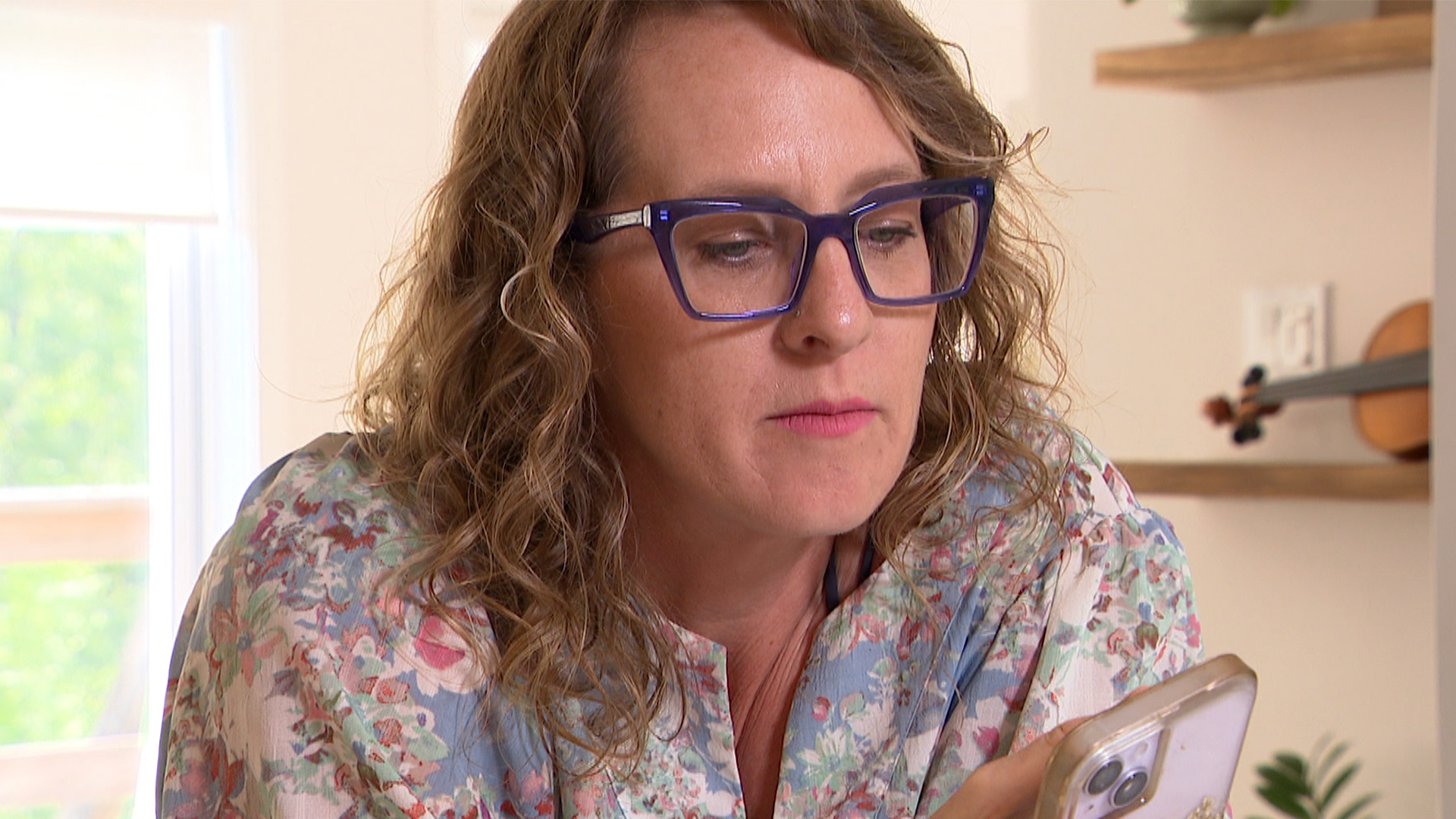Ukraine hopes to rejuvenate its oil and gas sector and wants Canada to help

Ukraine’s largest oil and gas-producing company hopes to end the country’s dependence on petroleum imports — and wants Canadian companies to join in.
Ukrnafta executive vice president Denys Kudin is in Canada this week between stops in Vienna, Washington DC and Houston, seeking investors willing to help the country rejuvenate its mature oil fields.
“We believe it’s not only a good thing to do, but it’s something that can earn you a commercial reward,” Kudin said, speaking to CBC News on the sidelines of this week’s Global Energy Show in Calgary.
On stage and in private conversations, he presents it as an opportunity to get to the ground floor of a promising oil market while helping Ukraine achieve energy independence — a long-held goal that has become more urgent amid the country’s war with Russia.
But Kudin faces the challenge of convincing investors to commit money to development in a war-torn country at a time when climate challenges are making investments in oil fields around the world harder to sell.
Energy independence
Despite having its own hydrocarbon reserves and a century long history of oil and gas production, Ukraine still relies heavily on imports of these products from other countries.
At the start of the war, Kudin said the country imported most of its oil from Russia, Belarus and to some extent Poland, and has been looking for new supply chains ever since.
“In one day we had to change the logistics from east to west, and it was quite a challenge because the infrastructure was not ready yet,” said Kudin, Ukraine’s former deputy economy minister.
“As a short-term solution, we’ve found putting diesel and gasoline through cars, which puts a huge premium on price and it all falls on the shoulders of the customers.”
Years of conflict in the Donbas region have also severely curtailed Ukraine’s coal production and transportation. All this means that the country urgently needs to increase its domestic energy production.
For Ukrnafta, that was taken over Under the war laws announced by the government of Ukraine last fall, a key component of that plan is the redevelopment of 20 mature oil brownfields in the west and northeast of the country. These fields are currently out of use, but still hold large oil reserves, Kudin said.
Kudin claims they are also far enough away from the active conflict zone to be a safe place to invest. The immediate goal of the project would be to use the oil in Ukraine rather than export it abroad.
The project is expected to cost $1 billion US in capital investment per year, he said. Ukrnafta has raised about $250 million so far, but needs partners to close the gap.
“We believe that Alberta is the oil and gas capital of Canada, so we believe it is the most appropriate place to visit, and we are pleased to say that Canadian companies are now quite positive about our offering,” said Kudin.

Beyond the dollars and cents, Zenon Potichny of the Canada-Ukraine Chamber of Commerce said there is a moral case for investment.
“Absolutely, companies are not going [in] if they know 100 percent, they’re going to lose money,” he said.
“But I mean if you earn 10 percent or 8 percent or 6 percent, maybe it doesn’t matter that much if you also help the country that is fighting for democracy, for freedom of the whole world.”
Conflicts, public perception entail risks
Still, investing in a country at war involves risk, says Philippe Le Billon, a professor at the University of British Columbia’s school of public policy and global affairs.
Even if development is outside the current conflict zone, there is still a chance that oil projects could be targeted by drones and missile strikes, he said.
There is also a danger to public relations.
While some may see investment in Ukraine as helping to defend against Russia, others may view it as fuel for the war or as taking unfair advantage of the conflict.
“Even if [Ukraine is] actively pursuing investments, we know they are not in the best position to negotiate the terms of those investments,” said Le Billon, who is also the author of Plunder Wars: Conflicts, Profits, and the Politics of Resources.
“It’s all open to interpretation.”
For potential investors, securing financing and insurance can be another hurdle.
As of January, Export Development Canada – a Crown financial corporation that provides Canadian companies with commercial loans, equity and insurance – will no longer provide new direct financing to the “undated international fossil fuel industry”. [sector]”said a spokesman.
This is in line with the federal government’s goal of reaching net-zero emissions by 2050 announced by Prime Minister Justin Trudeau at COP26 summit in Glasgow.
While the word “without prejudice” leaves some leeway depending on the specifics of the project, Le Billon said the policy doesn’t bode well.
“I would not [rule] but concerns about climate change are certainly another obstacle to attracting foreign direct investment in oil and gas within Ukraine,” said Le Billon.
“It’s definitely not a sexy project for them,” he said.
Hope for Canadian support
Kudin, for his part, believes that re-equipping Ukraine’s oil fields – currently running on decades-old equipment – with modern technology will in itself help reduce carbon emissions from oil and gas production.
He also hopes that EDC would consider granting an exemption to companies seeking risk insurance for projects in Ukraine given the current political situation.
For the time being, he continues his worldwide tour, with stops in Italy, the Czech Republic and next week in London for the international Ukraine Recovery Conference.
Still, he holds out hope for Canadian companies.
“We know that the Ukrainian diaspora is active in Canada and we hope that those ancestors will help us achieve our goal,” he said.

;Resize=620)


;Resize=620)